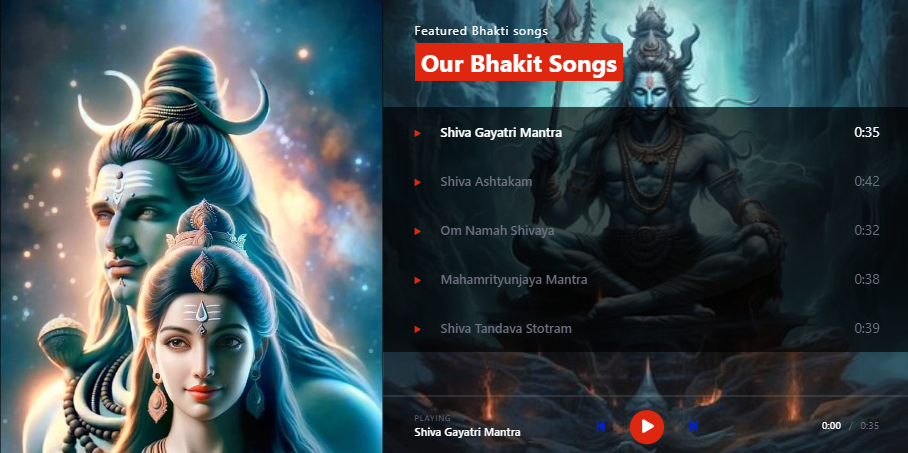The Role of Data Analytics in Music Production and Marketing
Saurabh Mahadev App, Saurabh Chandrakar Story: Understanding audience preferences is a crucial aspect of any industry, including music and entertainment. With the rise of data analytics tools and technologies, artists and production companies now have the ability to delve deeper into the minds of their audience. By analyzing data points such as streaming platforms, social media engagement, and demographic information, they can gain valuable insights into what resonates with their target audience.
This data-driven approach allows for a more tailored and effective strategy when it comes to creating content that will captivate and engage listeners. Artists can use this information to make informed decisions on everything from song selection for an album to crafting marketing campaigns that speak directly to the preferences of their audience. Ultimately, the utilization of data analytics in understanding audience preferences has the potential to not only increase audience retention but also foster a stronger connection between artists and their fans.
Utilizing Data Analytics for Songwriting and Composition
In the realm of music creation, data analytics has emerged as a powerful tool for songwriters and composers seeking to understand audience preferences. By analyzing patterns in listener behavior and market trends, artists can tailor their compositions to better resonate with their target audience. This data-driven approach allows for a more strategic and targeted method in crafting music that connects with listeners on a deeper level.
Furthermore, data analytics can also provide valuable insights into the compositional elements that are most effective in capturing the attention and interest of audiences. From analyzing song structures to identifying popular lyrical themes, artists can leverage data to enhance their creative process and refine their compositions. By incorporating data analytics into the songwriting and composition process, artists can maximize their impact and reach a wider audience with music that is both engaging and relevant.
Impact of Data Analytics on Production Decisions
Data analytics has revolutionized the music industry, impacting production decisions in significant ways. By analyzing vast amounts of data on listener preferences, streaming patterns, and market trends, music producers can make more informed decisions about the content they create and the strategies they employ to reach their target audience. With the help of data analytics, producers can tailor their production processes to align with the current demands and interests of music consumers, increasing the likelihood of creating successful and popular music.
Moreover, data analytics allows producers to track the performance of their music in real-time, providing valuable insights into how audiences are responding to their work. This immediate feedback loop enables producers to quickly adjust their production decisions, fine-tuning elements such as instrumentation, lyrics, and production techniques to better resonate with their audience. As a result, data analytics not only informs initial production decisions but also guides ongoing refinements to maximize the impact and reach of the music being created.







